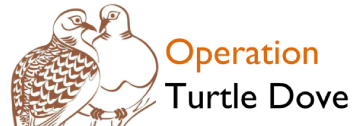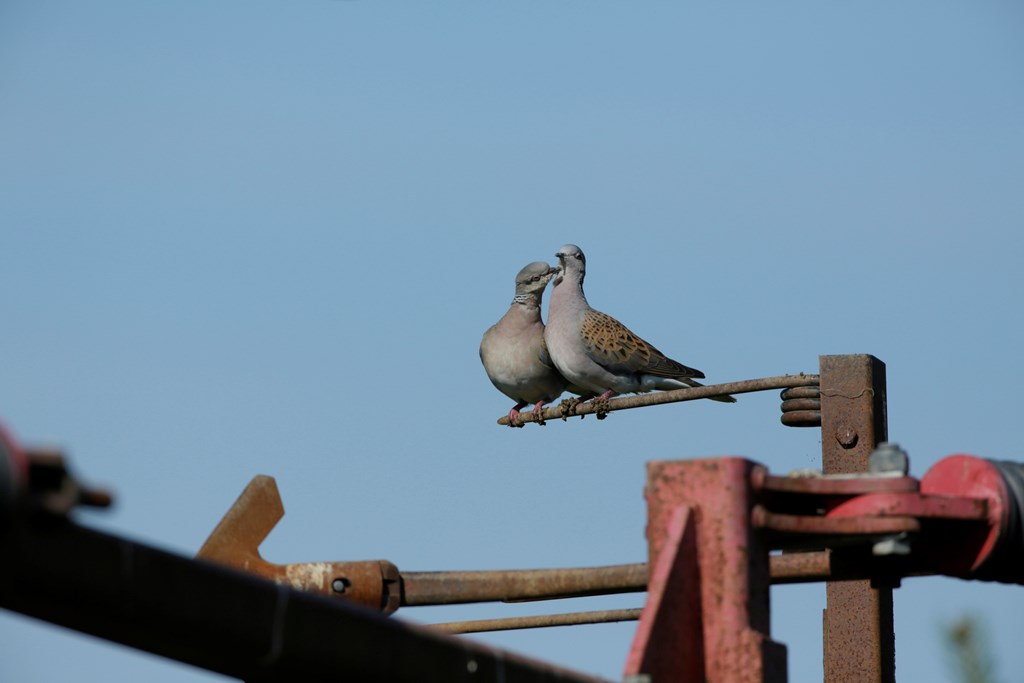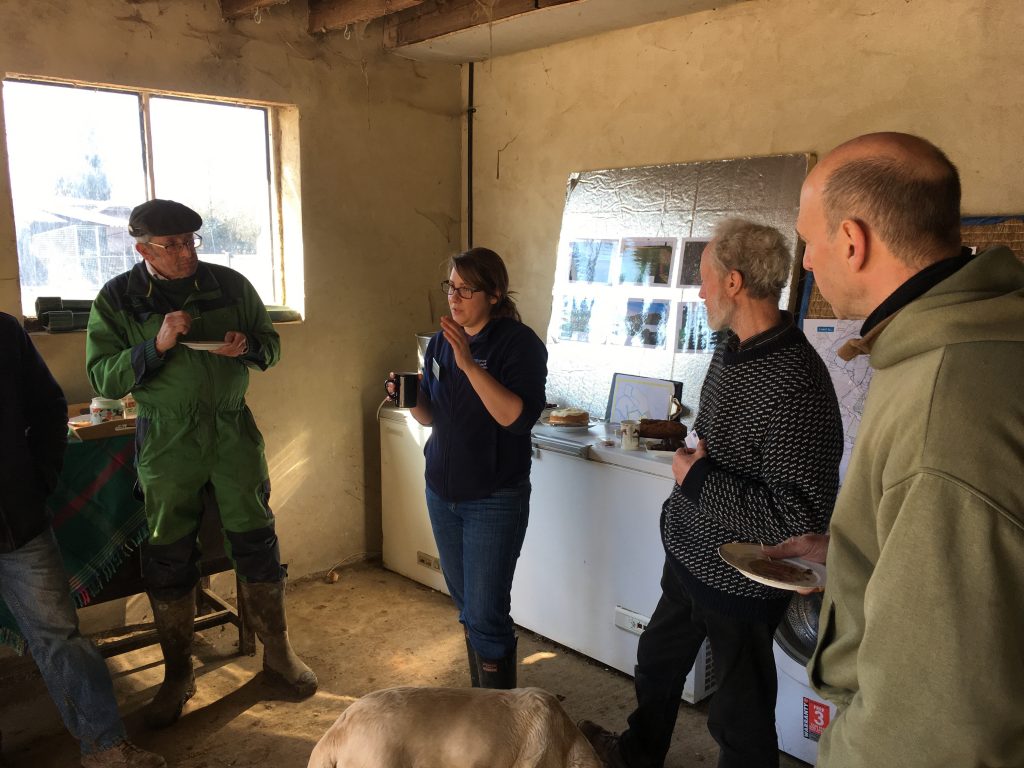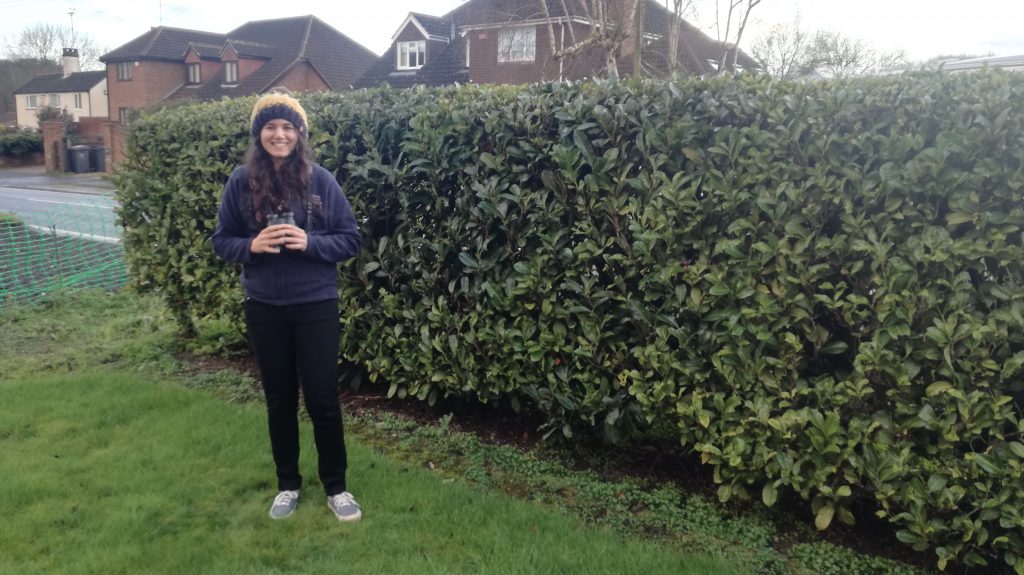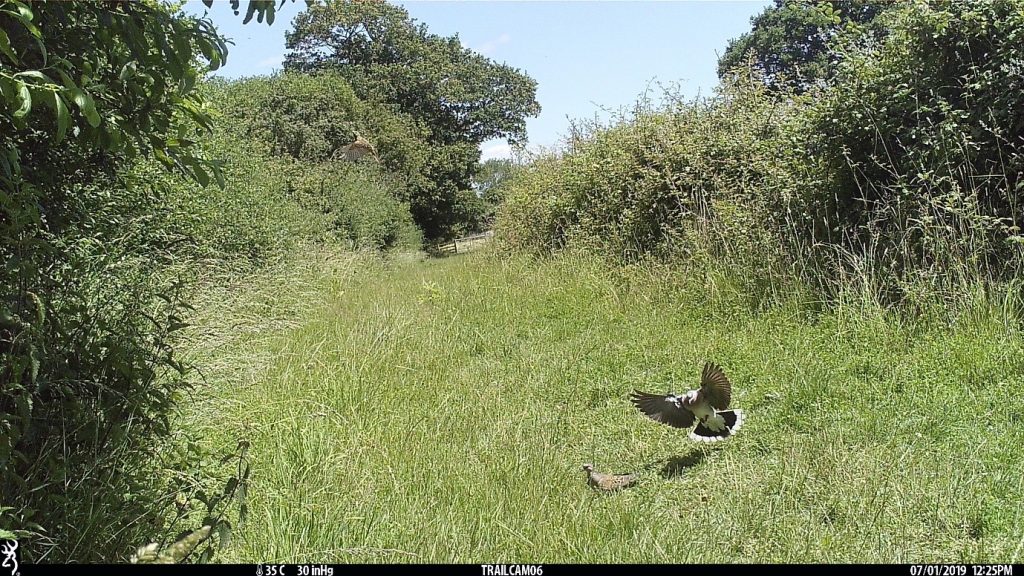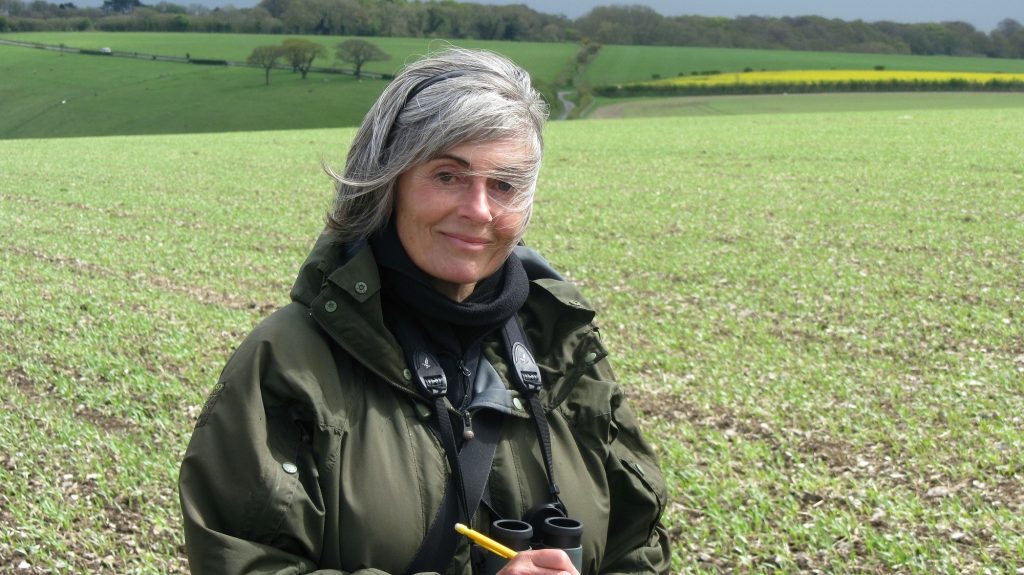We celebrate the RSPB’s turtle dove Conservation Advisors and how their on-the-ground conservation work is supporting the survival of these romantic figures.
Turtle doves have long been a symbol of love. They are often seen in pairs and their beauty and soothing song have inspired artists throughout history in their depictions of romance. They have even been adopted in cockney rhyming slang where “turtle dove” means love.
But like every love story these romantic legends face great challenges. As the UK’s fastest declining bird species they are at risk of global extinction. Loss of suitable habitat and declining food sources are some of the challenges causing their numbers to decline in the UK. But that’s where our turtle dove Conservation Advisors come in.
A pair of turtle doves, often seen as a symbol of love. Credit: Andy Hay
Introducing the Turtle Dove Conservation Advisors
The RSPB’s turtle dove conservation advisors work directly with farmers and landowners to improve the landscape for wildlife. They work with key sites to provide seeds for planting suitable turtle dove habitat and food, alongside a supplementary seed mix to bridge the hunger gap for turtle doves between their migration to the UK around April and when the native plants come into seed around June.
Emma Stobart
Emma is the turtle dove Conservation Advisor for Essex. The benefits of her hard work can already be seen, with recent tracking data showing several turtle doves using the farms she has been working with. It’s an incredibly positive sign that the efforts to create food and habitat in these plots is working.
Emma Stobart, turtle dove Conservation Advisor for Essex, discussing turtle doves with farmers.
“For me it is not just turtle doves, it’s the farmland. Farmland is a hugely import landscape covering more than 75% of the UK. It is integral to the health of the countryside, to our climate and even to us. Supporting farmers and seeing their enthusiasm for turtle doves is the best part of my job. This flagship species is a key part of our culture, they are beautiful and enigmatic and to me they are the sound of summer”.
Nicole Khan
Nicole advises on all things turtle dove in Kent. Previously a ranger at Rainham Marshes, she inspires and motivates people to care for turtle doves. Working on a range of quirky and wonderful sites, from farms and campsites to a vineyard, she’s found that the main motivation for involvement is a passion for turtle doves and a desire to help. A surprise site for Nicole arose when turtle doves were found to be nesting in her office car park.
Nicole Khan, turtle dove Conservation Advisor for Kent.
“Kent is one of the remaining UK strongholds for turtle doves and for those that are from Kent, it’s a growing point of pride and motivation to help. Knowing that these birds are in trouble can spark people into action. The involvement has been incredibly proactive and there are huge opportunities for this species, and more and more sites evolving organically.
We can see the positive impact this work is having on other species too, images from the trail cameras show numerous species using the sites including grey partridge, linnets and yellow hammers. Turtle doves are the cherry on the cake but if we can support other species as well, that’s great.”
Camera trap in Sussex, can you find all three turtle doves?
Caroline French
Caroline’s focus is in Sussex, and it’s been evident from the camera traps that her sites are proving successful too. The response has been incredibly positive, with farmers demonstrating their support for the species and creating foraging habitat.
Caroline French, turtle dove Conservation Advisor for Sussex.
“I’ve always been passionate about birds and farm habitat, so this is an ideal role for me. I’ve been delighted by how much enthusiasm there has been, and the real sense of support from the farmers we’re working with. We hope to see the impact of this work halt turtle dove declines and see them thrive with these new habitats and food sources we’re creating. Seeing farmers and communities feel a sense of ownership and pride for their involvement in this work is amazing and we hope to see more of this in the future.”
How Can You Show the Love?
To find out how you can help turtle doves, take a look at the link below: https://www.operationturtledove.org/get-involved/
